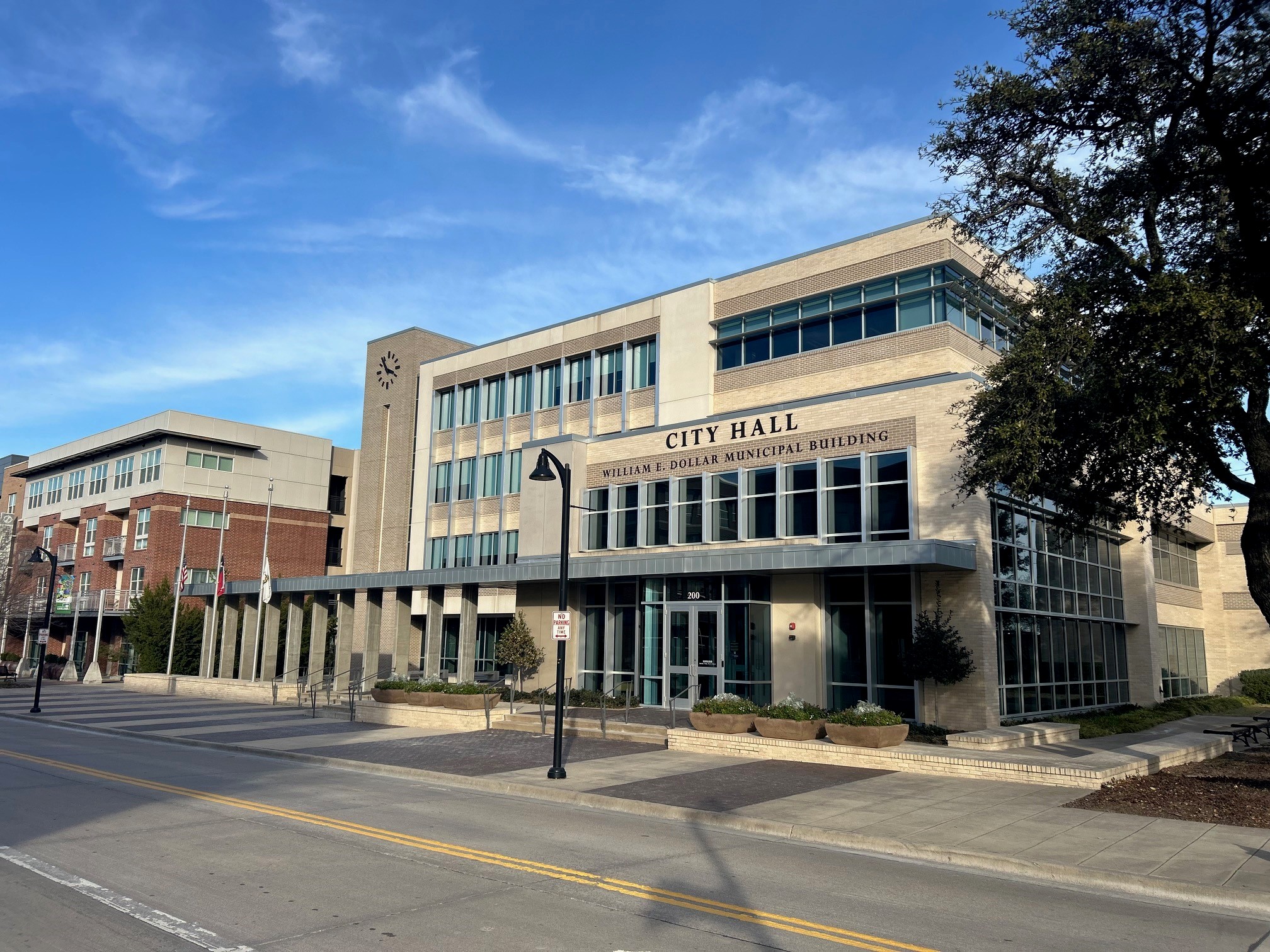- All Posts
- Helping Denver International Airport Reach 100 Million Passengers
Helping Denver International Airport Reach 100 Million Passengers
When the Denver International Airport (DEN) opened in 1995, it was a momentous time for the city and region. The state-of-the-art facility was designed to accommodate 50 million passengers and serve the Rocky Mountain region well into the future.
Fast forward nearly 30 years, the airport has grown leaps and bounds. Now the third busiest airport in the world, DEN welcomed over 69 million passengers last year. With expectations to serve 100 million passengers annually by 2030, DEN is now the primary economic engine for the state of Colorado, generating more than $36.4 billion annually. DEN’s leadership is working to address critical infrastructure needs while striving to become the greenest airport in the world as part of its Vision 100 Strategic Plan.
McKinstry’s partnership with the City and County of Denver began in 2007 and has become a thriving collaboration in support of their vision for resiliency, sustainability, and a transition to 100% renewable energy by 2040. Since 2015, McKinstry has been partnering with the airport on numerous capital improvement projects, including:
- Designing and installing LED lighting upgrades for efficiency savings and balance with increased natural light (approximately 40,000 LED lamp replacements, retrofits, and new fixtures).
- Identifying and implementing domestic water system upgrades to support goals for reduced water use and maintenance efforts.
- Replacing outdated HVAC energy management control systems with a modern, flexible and reliable system to provide DEN with more efficient HVAC operation.
Through this partnership, DEN will see a significant reduction in its energy and water consumption, its reliance on fossil fuels, and in its maintenance and utility costs. The airport will also realize an expanded, modern and resilient facility offering an improved and more comfortable passenger and staff experience.
The critical facility improvements are supported by the largest Energy Savings Performance Contract (ESPC) ever performed in the state of Colorado through the Colorado Energy Office program. In collaboration with DEN and the Colorado Energy Office, McKinstry designed and is implementing the innovative model that provides funding by leveraging operational cost savings, which maximizes taxpayer dollars and includes an 18% Minority Owned, Women Owned or Disadvantaged Business Enterprises (MWDBEs) goal that will put a minimum of $17 million back into the Denver MWDBE contracting community.
Key outcomes for the project include:
- $4.6M in annual maintenance, operations and energy cost savings expected.
- Reduction of 30,258 tons of carbon emissions per year.
- Nearly 100M gallons of water saved.
- Spacious, welcoming and comfortable areas to greet travelers.
- Readiness to grow and better serve customers with efficient, modern and responsive systems.
Expected to be completed in 2025, the project serves as a symbol of Denver’s dedication and ability to reach its zero-carbon and resiliency goals in an equitable and affordable way for all its residents and visitors.
Explore Other Insights

Seattle’s Iconic Skyline: A Look From the Top of the Spac…
One of the most photographed and recognized structures in the world, the Space Needle was built as a cultural centerp…

Future-Proofing Garland’s Facilities
How a Comprehensive Audit and Assessment Is Helping the City Plan for the Future

How Whatcom County is building a cleaner, more equitable …
Innovative EV feasibility study prepares the community for success in the changing EV landscape in the Pacific Northwest